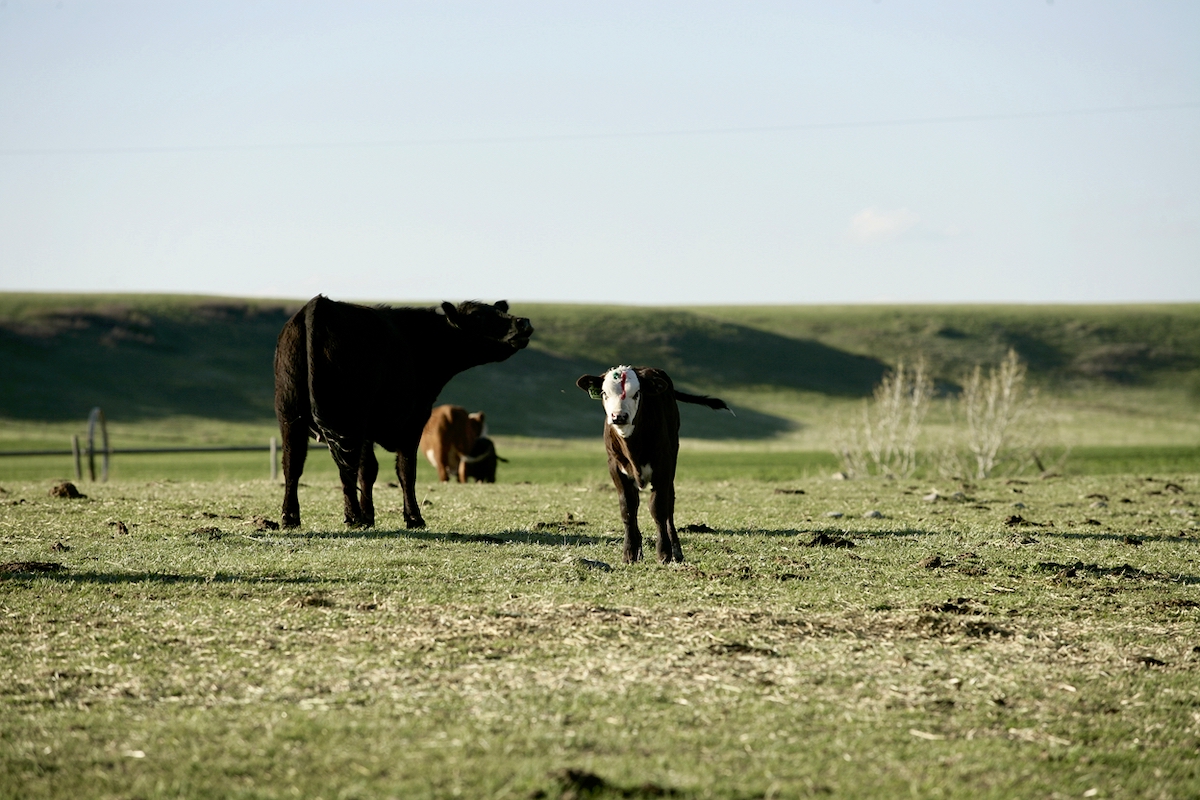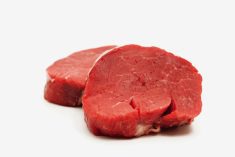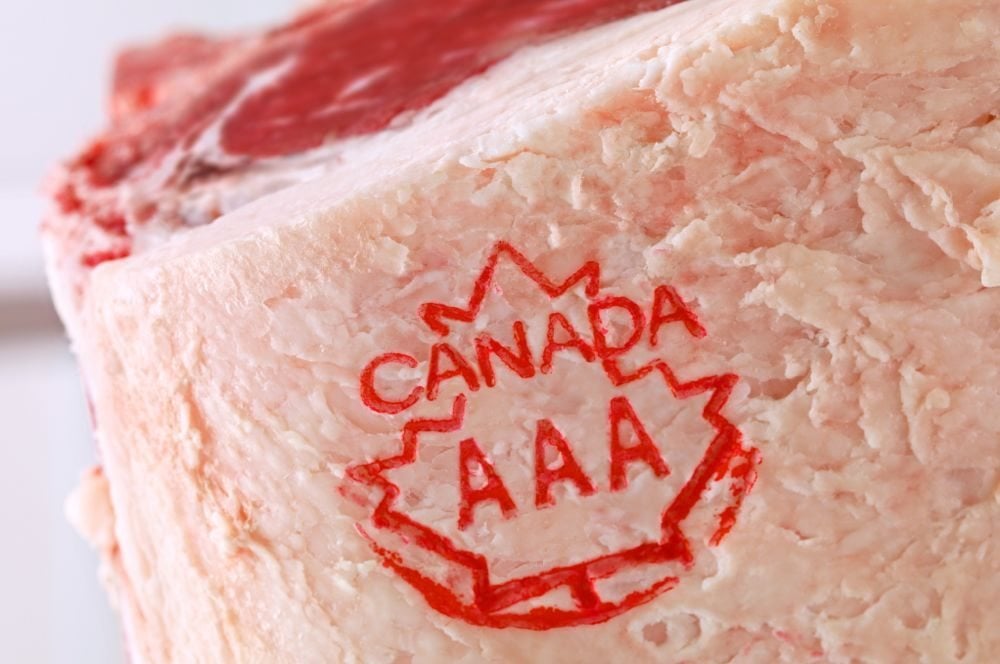On May 17, the Canadian Cattlemen’s Association (CCA) enjoyed participating in a fundraiser for people displaced by the Fort McMurray wildfire. Conservative Party interim leader and member of Parliament for Sturgeon River — Parkland Rona Ambrose hosted an all-party barbecue fundraiser in the East Block Courtyard on Parliament Hill in Ottawa. Joining me to serve up beef on a bun and pulled pork were CCA Ottawa staff Brady Stadnicki and Claire Hafner, as well as Alberta Beef Producer chair and CCA director Bob Lowe. The CCA, Canadian Meat Council and Canadian Pork Council donated the meat served and all proceeds raised went towards the Canadian Red Cross relief efforts. It was a great way to show our public support for those affected.
Read Also

Body condition, nutrition and vaccination for brood cows
One of the remarkable events of the past century related to ranching has been the genetic evolution of brood cows….
Earlier in May, the beef industry found itself on the receiving end of a tidal wave of public support. Beef producers work exceptionally hard to produce a quality, nutritious product from cattle raised with care and it is disheartening when ill-informed marketing campaigns diminish those efforts. As a beef producer myself, words cannot express the pride I felt when people responded by taking action on social media and made their passion for Canadian beef known loud and clear. I would like to take the opportunity to commend consumers for their overwhelming support of the high-quality, world-class Canadian beef we work hard every single day to produce. On behalf of myself and the other producers operating Canada’s 68,500 beef farms, we really cannot thank you enough.
The beef industry strives to do things right, as demonstrated by the Code of Practice for the Care and Handling of Beef Cattle, investment in research, and work done with veterinarians to ensure optimum herd health and animal care. We are transparent about how we raise cattle, but also understand beef production remains a bit of a mystery for those removed from agriculture. We also recognize that anti-animal agriculture activists and others routinely exploit that disconnect by spreading misinformation, particularly in social media. The CCA will continue to be transparent and work to dispel misinformation by promoting understanding and providing education on the sustainability of Canadian beef production. Positive messaging, such as how healthy rangelands not only provide forage for cattle, but critical habitat for native species, enhanced water conservation, and significant carbon sequestration, must be more widely shared.
The aforementioned are among the environmental merits of cattle production that CCA outlined recently to the Federal Government’s Standing Committee on Environment and Sustainable Development in Ottawa.
The standing committee will assess how federal protected areas, including national parks, migratory bird conservation areas, national wildlife areas, and other federal lands, are integrated to achieve the government’s international conservation targets and domestic legislative objectives.
The CCA advocates collaboration between government and Canada’s beef industry in order to achieve common environmental and economic targets. For example, working together to find solutions for species at risk on agricultural landscapes will help to preserve biodiversity, while also avoiding regulations that negatively impact Canadian beef producers. The CCA also advocates for the support of research and agri-environmental programs, believing that these are some of the best investments to make.
Trade and market access is important to ensuring unfettered access to key markets. With the Trans-Pacific Partnership (TPP) ratification process stalled during the U.S. elections process, we have impressed upon International Trade Minister Chrystia Freeland the need for a bilateral agreement with Japan. In April, CCA vice-president David Haywood-Farmer accompanied Agriculture and Agri-Food Minister Lawrence MacAulay on a mission to Japan to underscore the importance of trade in this high-value market.
The CCA travelled to Brussels in May to advocate for the resolution of long-standing technical barriers to ensure the Comprehensive Economic and Trade Agreement (CETA) benefits Canada’s beef producers. In an earlier trip to Brussels, I communicated the need to resolve these technical issues for Canada’s beef exporters directly to Minister Freeland, and we appreciate her support in stressing the importance of resolving these issues.
The most significant issue to be resolved is that the EU has not yet approved all of the procedures used in Canadian beef production to ensure maximum food safety for consumers. Canada reduces the potential presence of harmful bacteria in meat production by using antimicrobial carcass rinses that have been approved by Health Canada and utilized by Canadian processors for years. Europe has recently approved some but not all of these rinses, hence the focus of our advocacy work.
Also in May, CCA past president Dave Solverson travelled to Tijuana, Mexico for a trilateral meeting with leaders of U.S. and Mexican cattle producer associations. CCA met with leadership from National Cattlemen’s Beef Association, Nacional de Organizaciones Ganaderas, and the International Beef Alliance. The CCA had good interactions with the leaders and discussions focused primarily on trade.
Trade continues to be a significant focus of the work of CCA, meanwhile, we are also adapting to an evolving social landscape that is more interested in our production practices than ever before. The CCA is making the most of this opportunity and will continue to reach out with relevant information to enhance and promote understanding.















